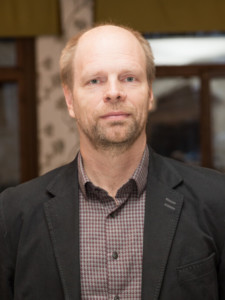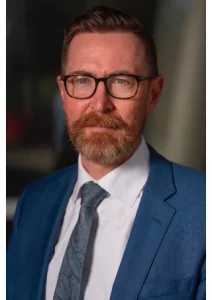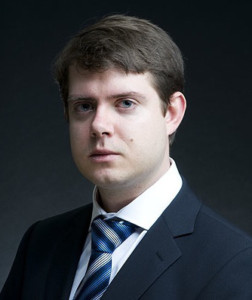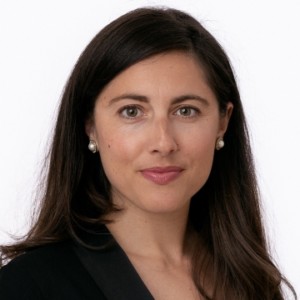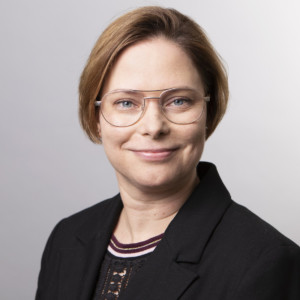This event concludes a two-year FIIA project on the evolving role of connectivity in the global order. Connectivity, including both “hard” infrastructure and “soft” regulatory measures, people-to-people ties or digital links, has become a key notion informing current policy strategies of the world’s major actors. The event consists of two panel discussions, each preceded by a keynote presentation. The first panel addresses the role of regulation in connectivity in general and in the digital domain in particular, and discusses the competing regulatory models in the US, China and the EU. The second panel focuses on connectivity and infrastructure development as tools for geo-economic influence in the Indo-Pacific.
If you are interested in participating the seminar, please contact: events@fiia.fi by Monday 12 June.
Programme:
Welcome remarks and launch of the Special Issue of East Asia:
Bart Gaens, Leading Researcher, FIIA
Session I: Power through regulatory and digital connectivity
Keynote:
Anu Bradford, Henry L. Moses Professor of Law and International Organization, Columbia Law School
“Digital Empires: The Global Battle to Regulate Technology”
Panel discussion:
Deborah McCarthy, Ambassador, ret.
Maaike Okano-Heijmans, Senior Research Fellow, Clingendael Institute
Chair:
Henri Vogt, Professor, University of Turku
15:00 – 15:20 Coffee break
Session II: Will China map the future?
Keynote:
Rory Medcalf, Head, National Security College, Australian National University
“Beltway and Roadblocks: The Contest for Geoeconomic Influence in the Indo-Pacific”
Panel discussion:
Pascal Abb, Senior Researcher, Peace Research Institute Frankfurt (PRIF)
Wrenn Yennie-Lindgren, Senior Research Fellow and Head of Center for Asian Research, NUPI / Associate Research Fellow, UI
Mikael Mattlin, Research Professor, FIIA
Chair:
Katja Creutz, Programme Director, FIIA





